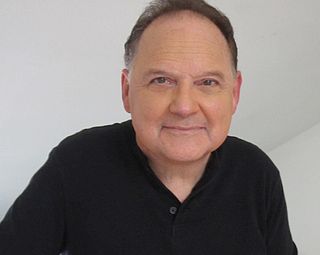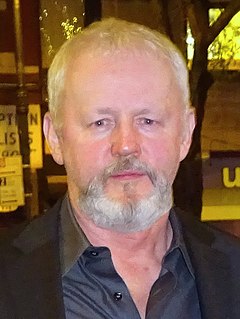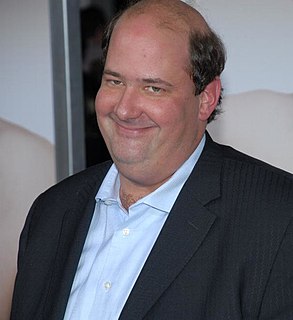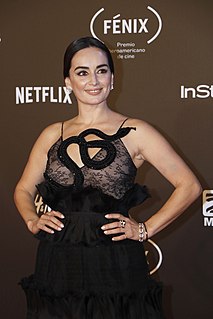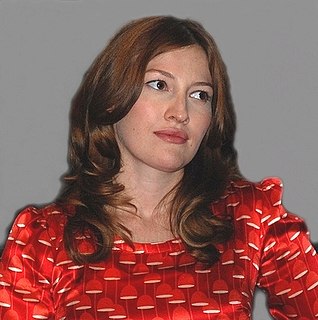A Quote by Stephen Furst
I remember I made $22 a week doing dinner theater in Norfolk, Virginia. Back then, in the '70s, that was pretty good for a teenager, for a part-time job.
Related Quotes
My dad's a prominent theatre director in Toronto, so I grew up in that world, directing and producing theater since I was a teenager. I always loved movies but they seemed too complicated until I got a job as an assistant on a movie-of-the-week and the technical process became demystified, like peeking behind a magician's curtain. Not long after that I switched to movies and never looked back.
It's just the way I'm made. I do feel confident in what I do. It doesn't always work out 100% of the time, but generally I think I can do it quite well. But the other part of my job is doing the press and stuff. And I'm rubbish at that. I'm really not good at that at all - this quite important part of what I do.
I usually have more than one thing I'm working on at once -- I've been working on three different novels. When I get stuck on one, I hop back and forth. It's sort of freeing: I can say I'm abandoning this thing that I hate forever and I'm moving on to something that's good. I'll find that I'll go back to [the other project] in a day or a week and like it again. But that moment of wanting to trash something -- that Virginia Woolf moment when you have to be stopped from filling your pocket with stones -- comes pretty regularly for me. Switching is probably a good thing.
